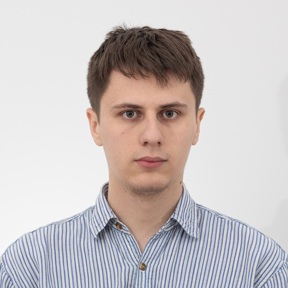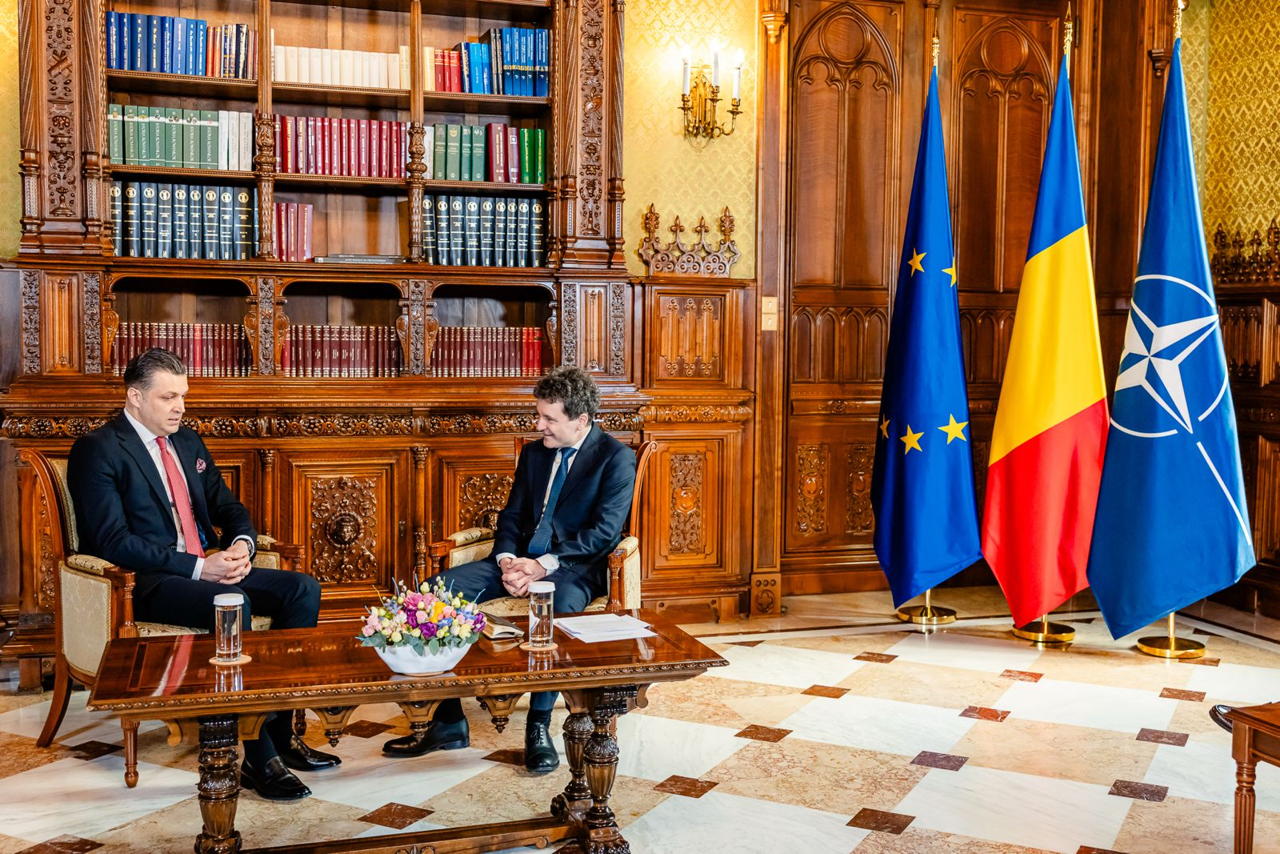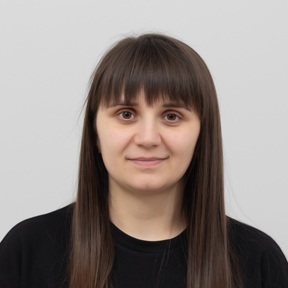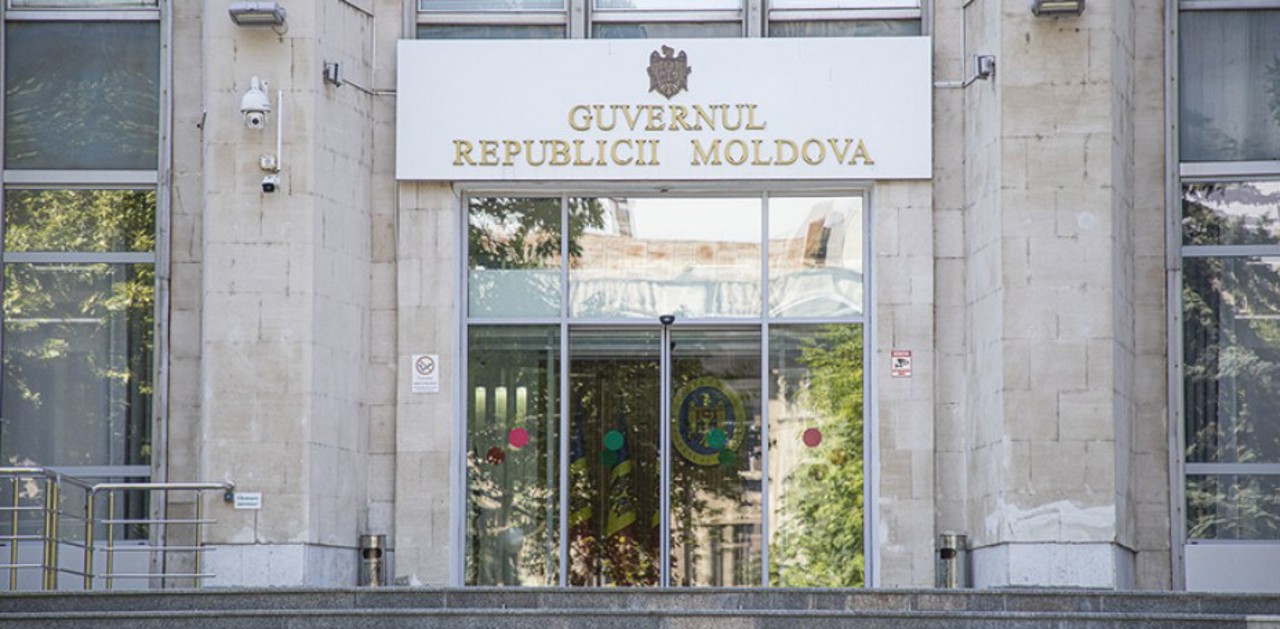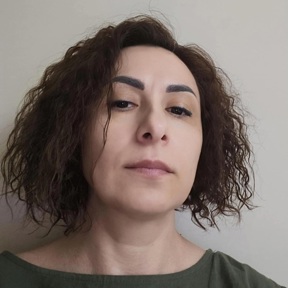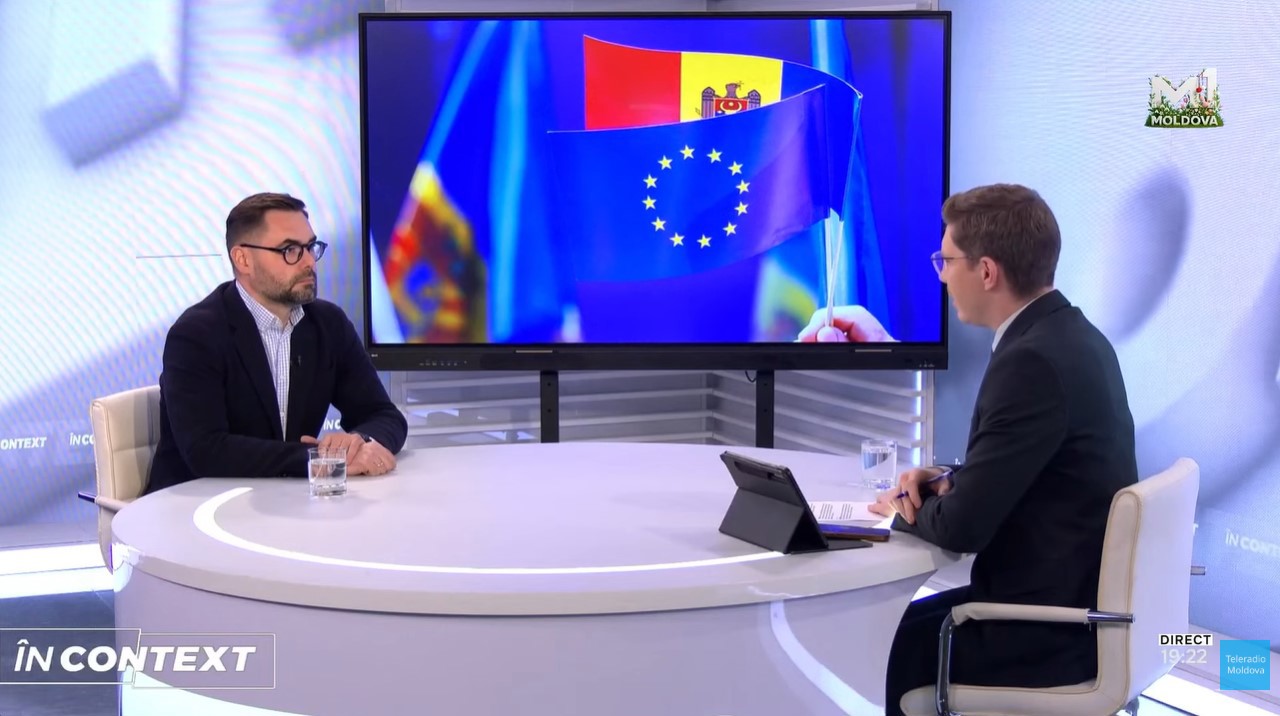Italy forces banks to pay 40% tax on extra profits
The cabinet led by Italian Prime Minister Giorgia Meloni has approved a surprise tax on banks' "extra profits" this year, Bloomberg reports.The tax was included in a wider package of measures ranging from new taxi licences to investment abroad.
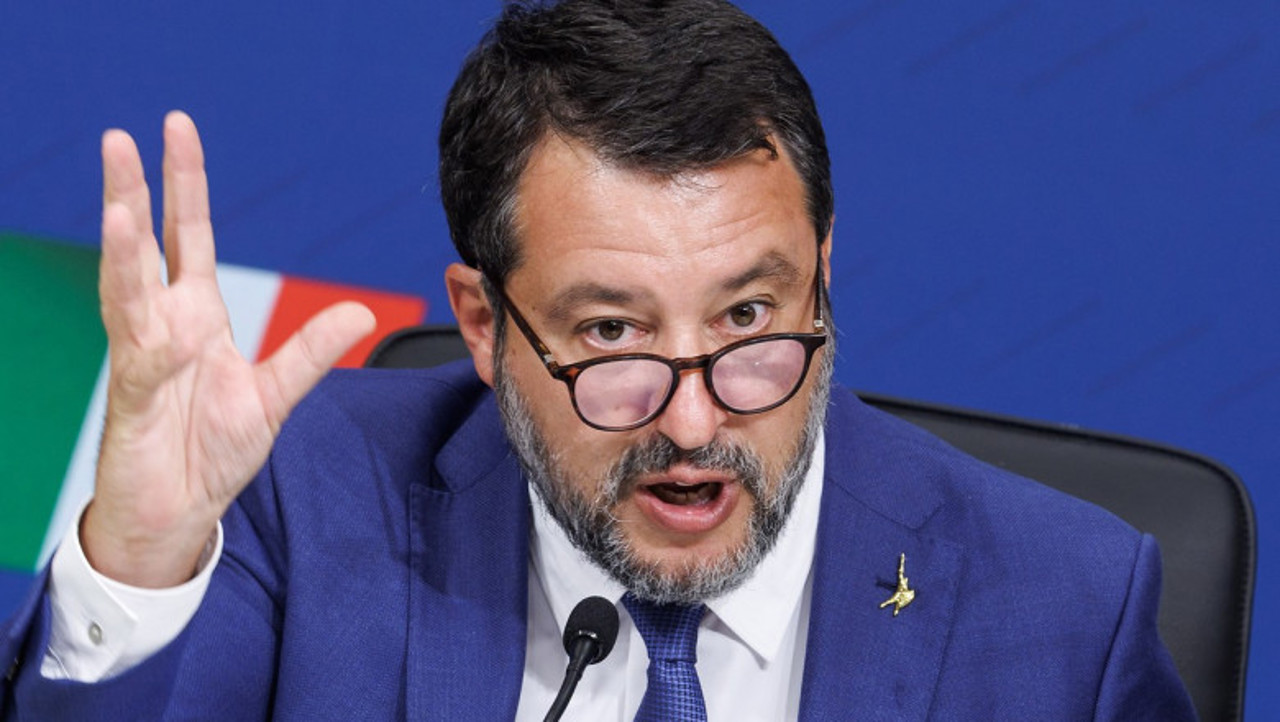
Italy has agreed to a "40% withdrawal of several billion euros in additional bank profits" by 2023, which would fund tax cuts and support for mortgages for first-time home buyers, Deputy Prime Minister Matteo Salvini told a news conference in Rome.
According to Ansa news agency, the tax on extra bank profits would bring more than €2 billion to the state budget.
The surprise tax was adopted at the last government meeting of the Giorgia Meloni-led cabinet before the summer recess. The announcement of the measures was left to Deputy Prime Minister Matteo Salvini, leader of the League party and the most vocal member of the ruling coalition on populist issues, reports Digi24.ro.
Shares in Italian banks fell immediately after the announcement of the extra profits tax. The benchmark FTSE MIB stock index fell 1.3% while UniCredit SpA's share price fell 3.6%.
Profits at Italian banks soared in the first half of the year as higher interest rates generated higher loan income. Last month, Intesa Sanpaolo SpA and UniCredit upgraded their full-year estimates for 2023 amid the ECB's rapid tightening of monetary policy.
Prime Minister Giorgia Meloni used the last government meeting before the summer recess to ratify various measures. One of them concerns the transfer of technology abroad. Under the new legislation, the government in Rome will gain additional powers to control what can be transferred abroad in the fields of artificial intelligence, semiconductors, cyber security, aerospace and energy.
